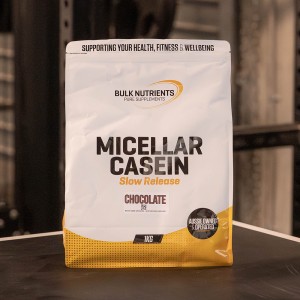Casein vs Whey: Which Protein is Right for You?
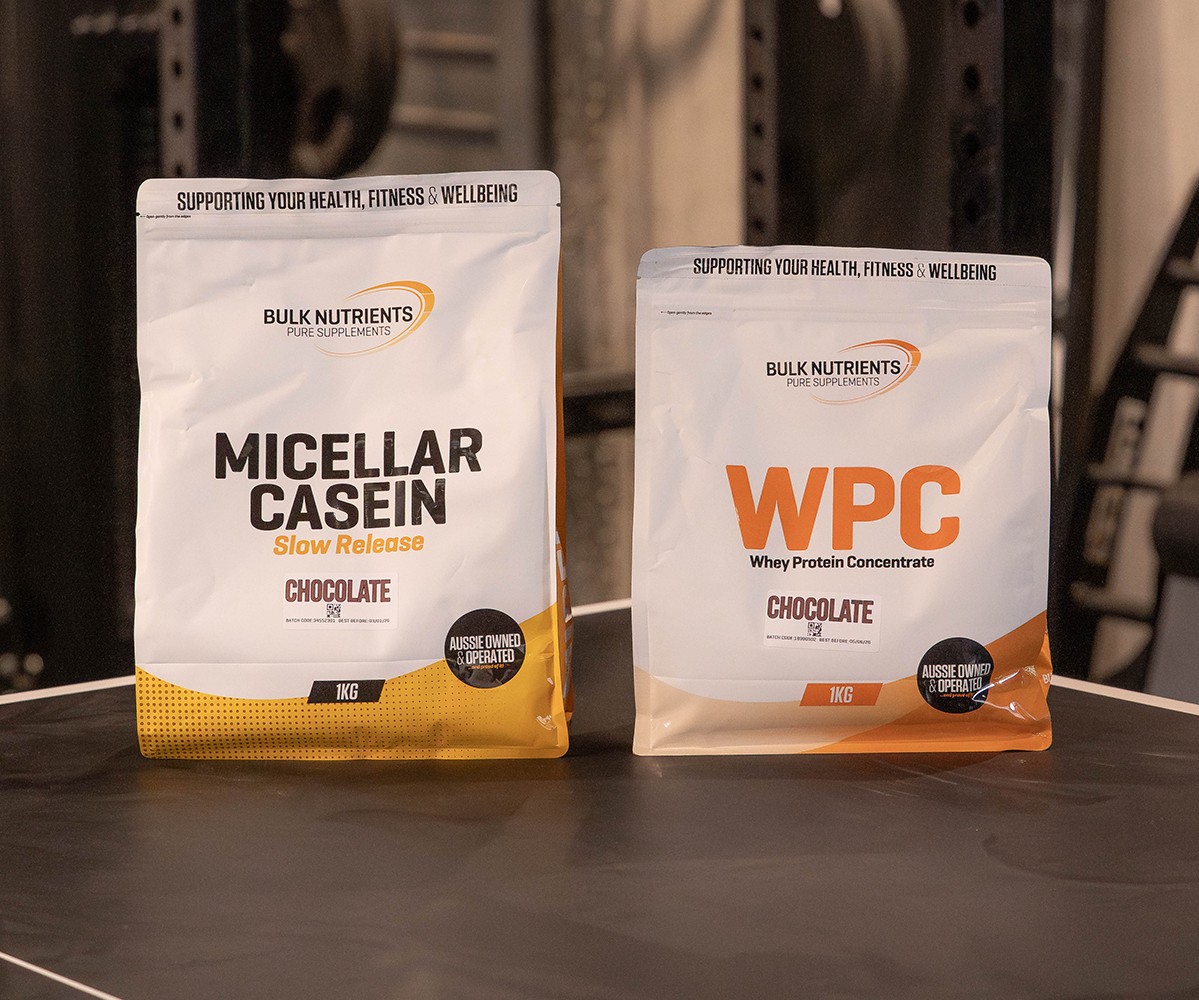
Gym pros and professional athletes have been using protein supplements for decades.
In recent years, protein supplements have become increasingly popular among health-conscious people looking to improve their well-being.
However, with so many different types of protein supplements available, it can be tricky to know which one to choose.
Two of the most popular types of protein supplements are casein and whey protein.
In this article, we’ll explore the differences between casein vs. whey protein so that you can assess their benefits and decide which one might be right for you.
Why Take a Protein Supplement?
Protein is an essential nutrient that our bodies need to build and repair tissues.
Protein supplements can help you meet your daily protein requirements and are especially helpful if you exercise regularly or consume a diet low in protein.
What is Casein Protein?
Casein protein is a type of protein that’s found in milk.
It’s a slow-digesting protein, meaning it takes several hours to be fully absorbed by the body.
Casein protein is often taken as a meal replacement or before bed, as it can help maintain a steady supply of amino acids to the muscles during periods of fasting.
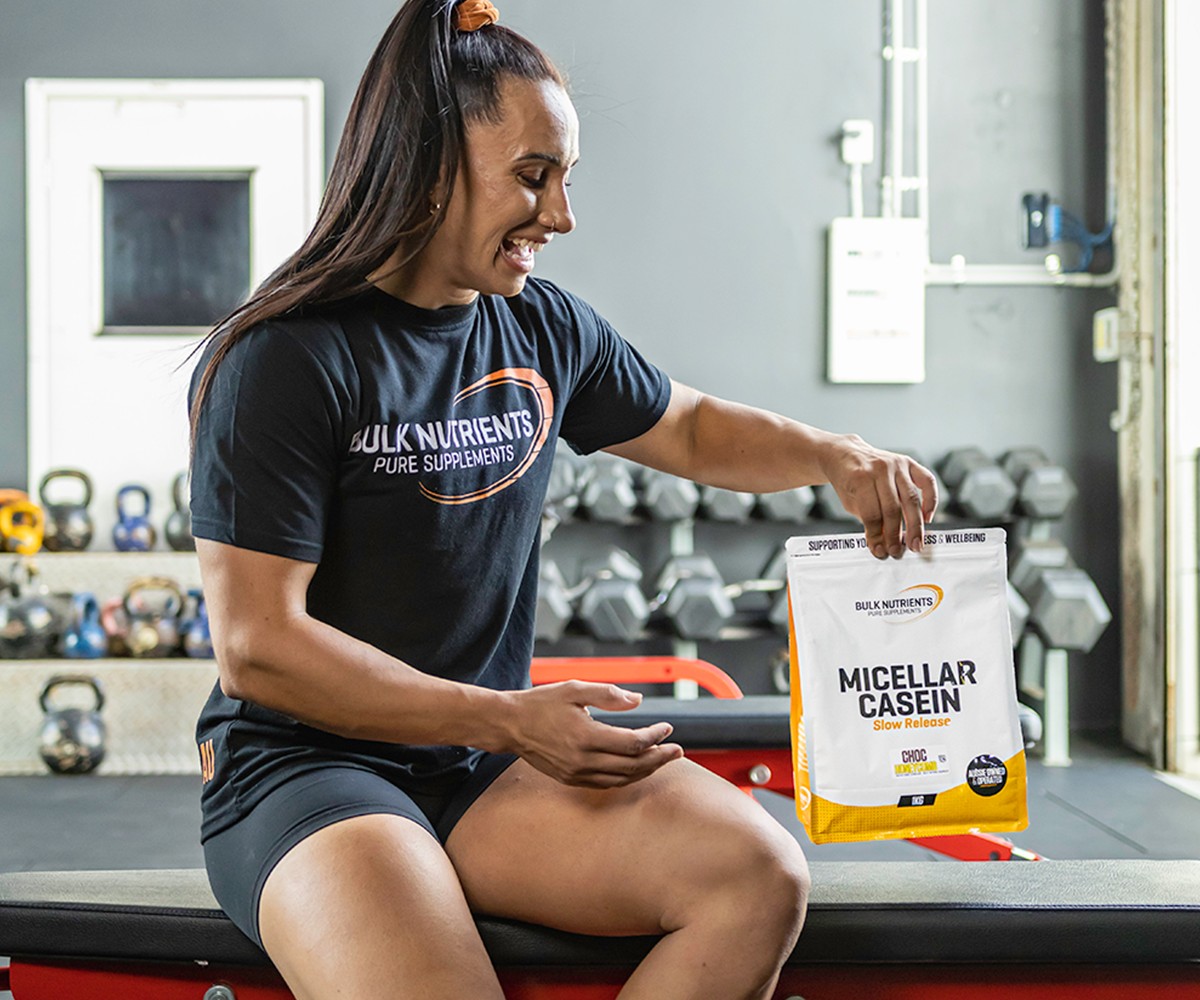
What is Whey Protein?
Whey protein is also a type of protein that’s found in milk.
It’s a fast-digesting protein that is quickly absorbed by the body.
Whey protein is often used as a post-workout supplement, as it can help promote muscle recovery and growth.
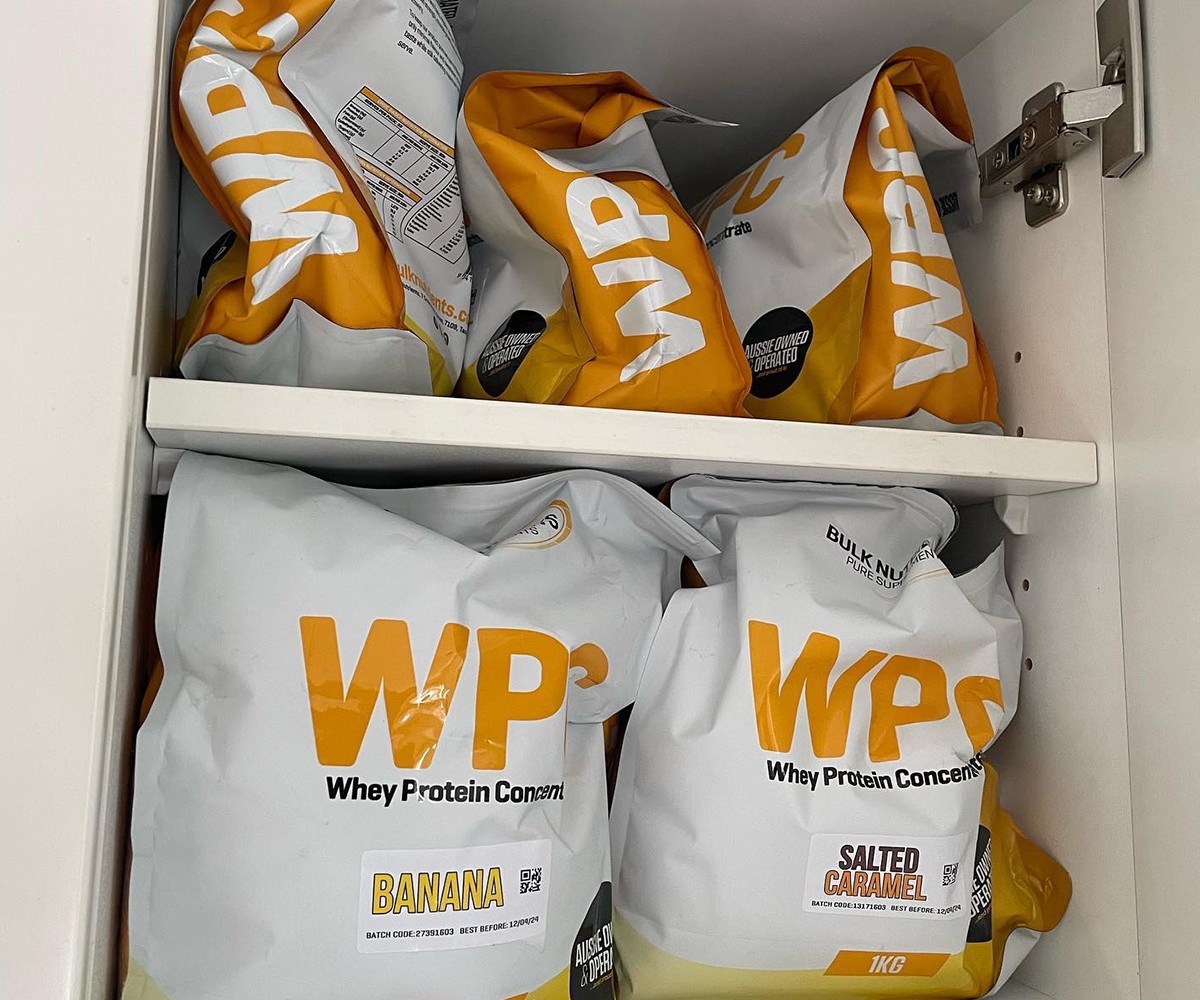
Differences Between Casein vs Whey Protein
The main difference between casein and whey protein is their digestion rate.
As mentioned, casein protein is a slow-digesting protein, while whey protein is a fast-digesting protein.
Because of their different digestion rates, casein and whey protein have different benefits.
Benefits of Casein Protein
Thanks to its slow digestion rate, casein protein can provide a steady supply of amino acids to the muscles over several hours.
Casein protein is often used as a meal replacement or before bed to help maintain muscle protein synthesis during periods of fasting.
Another benefit of casein protein is its satiety.
Because it takes longer to digest, casein protein can help people feel full for longer periods of time. When you feel fuller, you consume fewer calories.
This is why casein protein is particularly beneficial for people looking to lose weight or maintain a healthy weight.
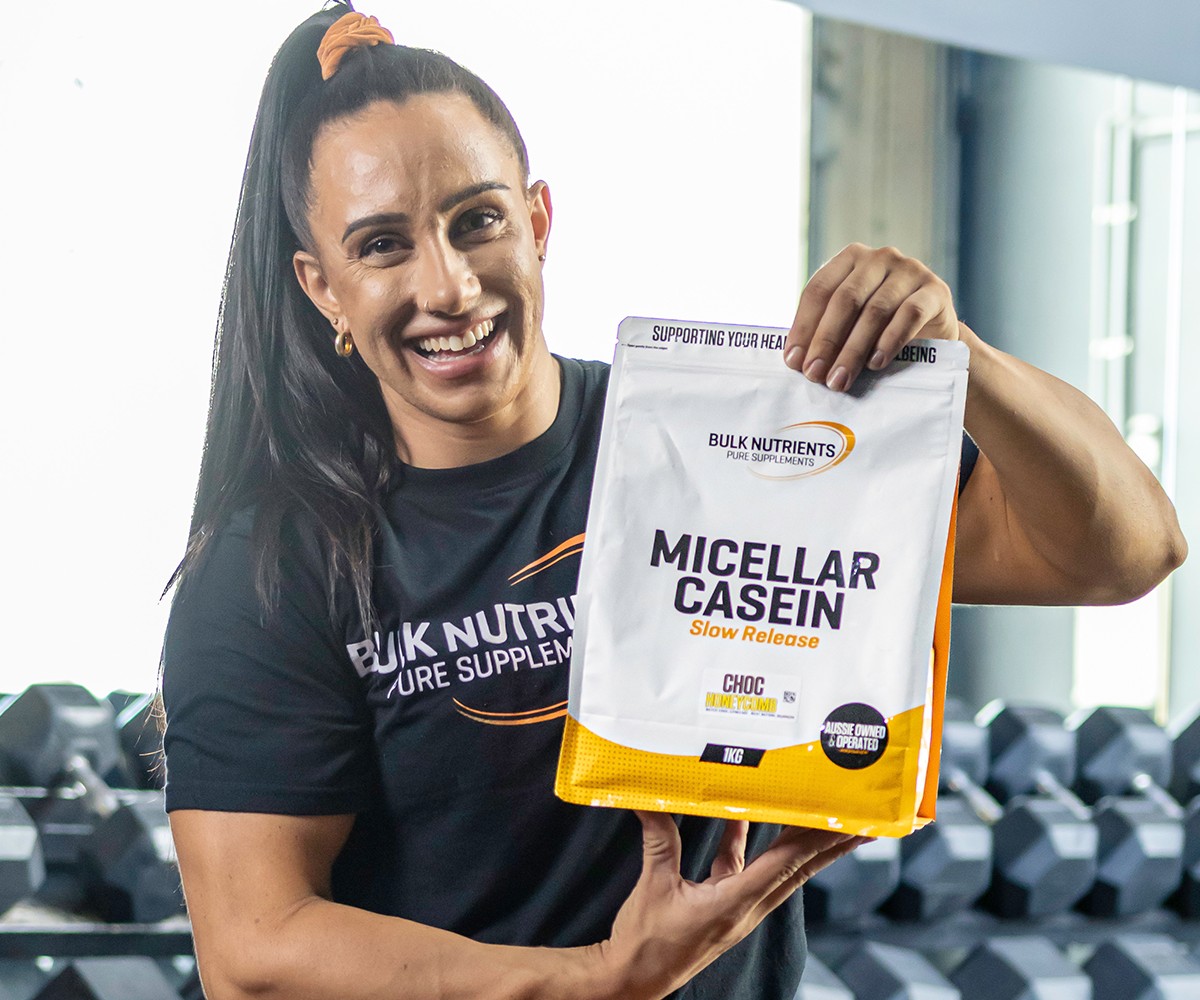
Benefits of Whey Protein
Whey protein is an ideal post-workout supplement because it is quickly absorbed and promotes muscle recovery and growth.
Whey protein is also a great source of essential amino acids, which are crucial for building and repairing muscle tissue.
Another benefit of whey protein is its versatility. Whey protein can be easily added to your favourite shake, smoothie or breakfast food to increase its protein content.
So, if you’re looking to build muscle, instead of adding another meal to your rotation, a whey protein shake can help you bump up your protein intake!
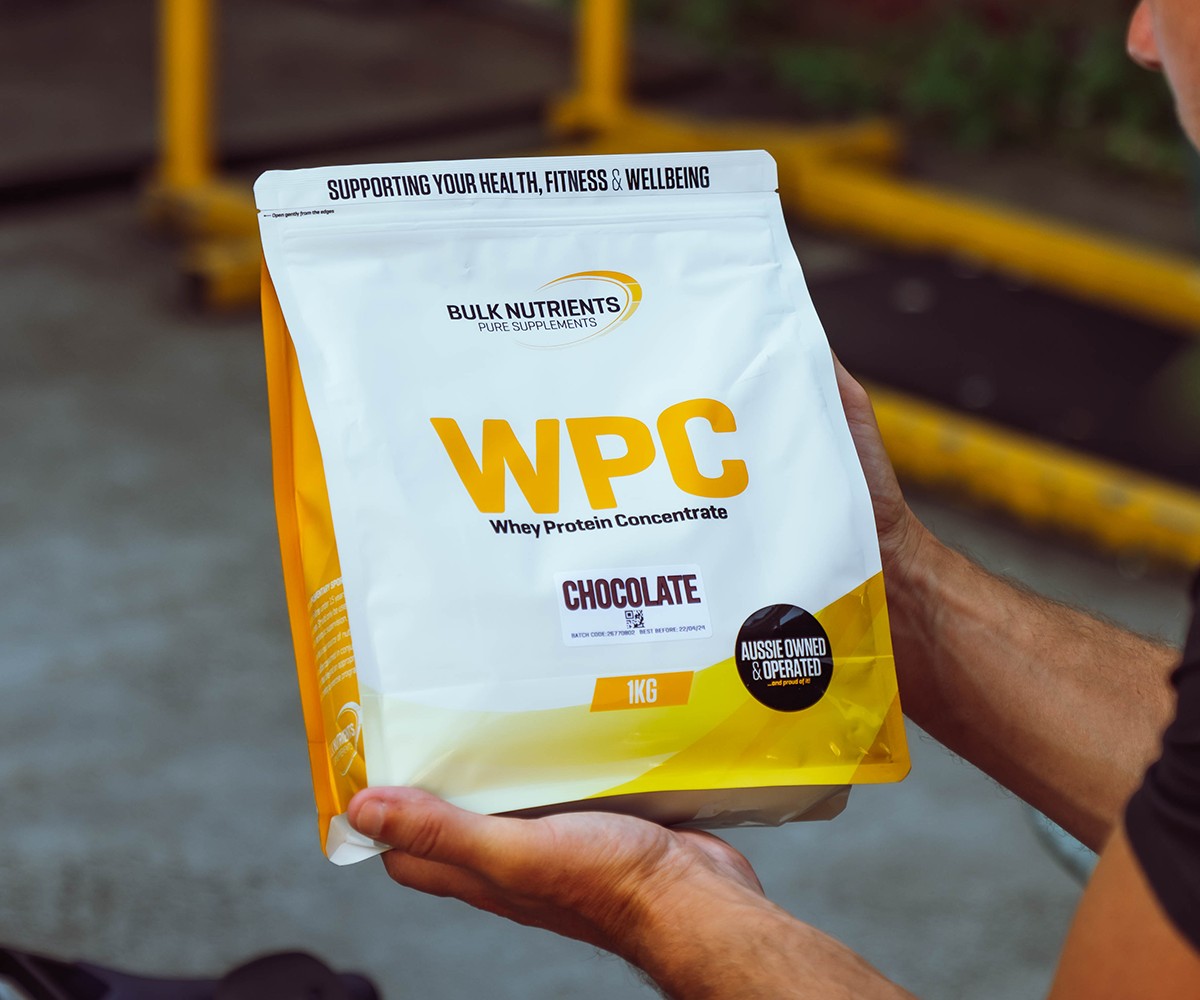
Casein Protein vs Whey Protein for Weight Loss
Both casein and whey protein can be helpful for weight loss but in different ways.
Casein protein can help you feel full for longer periods of time, which can help reduce overall calorie intake. In this way, casein protein promotes weight loss by reducing the number of calories you consume.
Whey protein, on the other hand, promotes muscle growth and repair and can help you lose weight by increasing your metabolism.
Does Casein Help You Build More Muscle Than Whey?
Both casein and whey protein powders can help you build muscle.
Even though it is absorbed and digested at a slower rate than whey, casein has been proven to offer muscle-building benefits similar to those of whey protein.
To make the most of these benefits, be sure to consume your casein protein right around the time that you work out.
Which is Better: Casein vs Whey Protein?
When we compare casein vs whey protein powder, it becomes clear that both have their own unique benefits, and neither is inherently ‘better’ than the other.
If you’re struggling to choose between casein and whey protein, consider your goals and needs. Are you looking to reduce your calorie intake or start intermittent fasting? If so, casein might be a better option for you.
On the other hand, if you’re looking to promote muscle recovery and growth, whey protein is a great choice.
Finding the right protein powder for you can involve some trial and error, so give one a go and if it doesn’t feel quite right for you, try swapping it out.
Discover our complete range of protein powders.
Have another question about casein vs. whey protein powder? We’re here to help point you in the right direction. Get in touch with us to learn more.
References:
- C Wilborn, L Taylor, J Outlaw, L Williams,B Campbell, C Foster, A Smith-Ryan, S Urbina and S Hayward, 2013. The Effects of Pre- and Post-Exercise Whey vs. Casein Protein Consumption on Body Composition and Performance Measures in Collegiate Female Athletes. J Sports Sci Med, [online] : https://www.ncbi.nlm.nih.gov/pmc/articles/PMC3761774/
Related Blogs

Fast or Slow Release Proteins. Which Is Better for You?
Posted by Ellie Hearn
Estimated reading time: 7 minutes

Why Casein is One of the Best Protein Supplements You Can Take
Posted by Jackson Peos
Estimated reading time: 7 minutes
